I am training a neural network to predict a binary mask on mouse brain images. For this I am augmenting my data with the ImageDataGenerator from keras.
But I have realized that the Data Generator is interpolating the data when applying spatial transformations.
This is fine for the image, but I certainly do not want my mask to contain non-binary values.
Is there any way to choose something like a nearest neighbor interpolation when applying the transformations? I have found no such option in the keras documentation.
(To the left is the original binary mask, to the right is the augmented, interpolated mask)
Code for the images:
data_gen_args = dict(rotation_range=90,
width_shift_range=30,
height_shift_range=30,
shear_range=5,
zoom_range=0.3,
horizontal_flip=True,
vertical_flip=True,
fill_mode='nearest')
image_datagen = kp.image.ImageDataGenerator(**data_gen_args)
image_generator = image_datagen.flow(image, seed=1)
plt.figure()
plt.subplot(1,2,1)
plt.imshow(np.squeeze(image))
plt.axis('off')
plt.subplot(1,2,2)
plt.imshow(np.squeeze(image_generator.next()[0]))
plt.axis('off')
plt.savefig('vis/keras_example')
